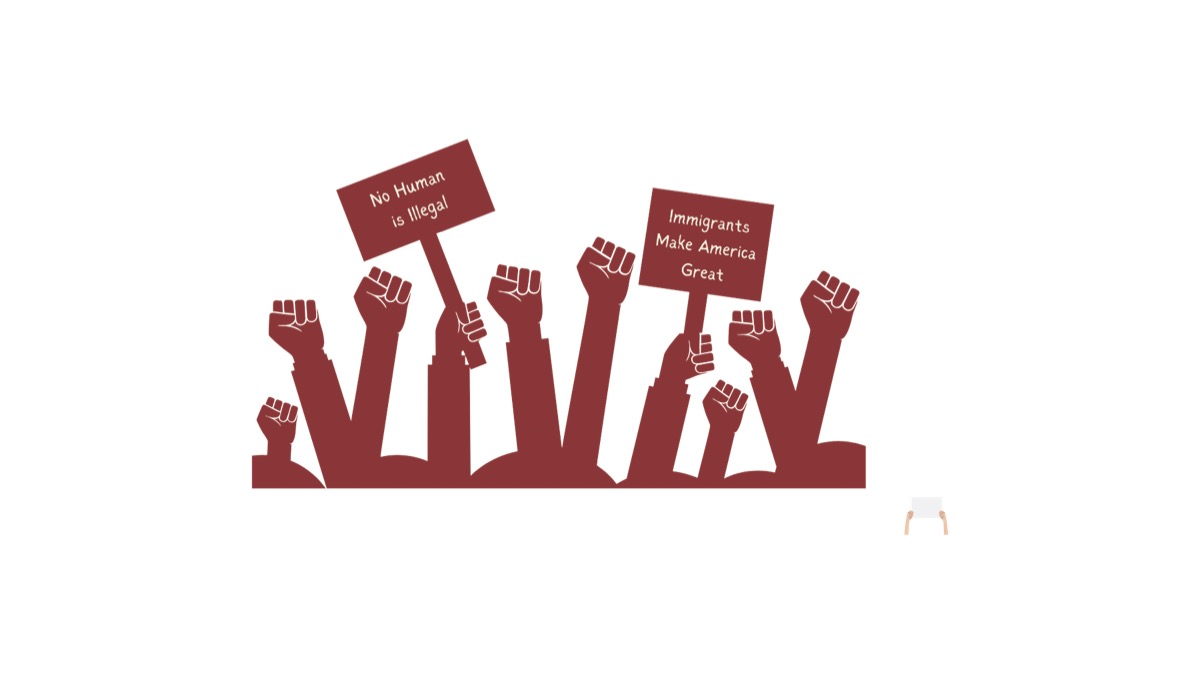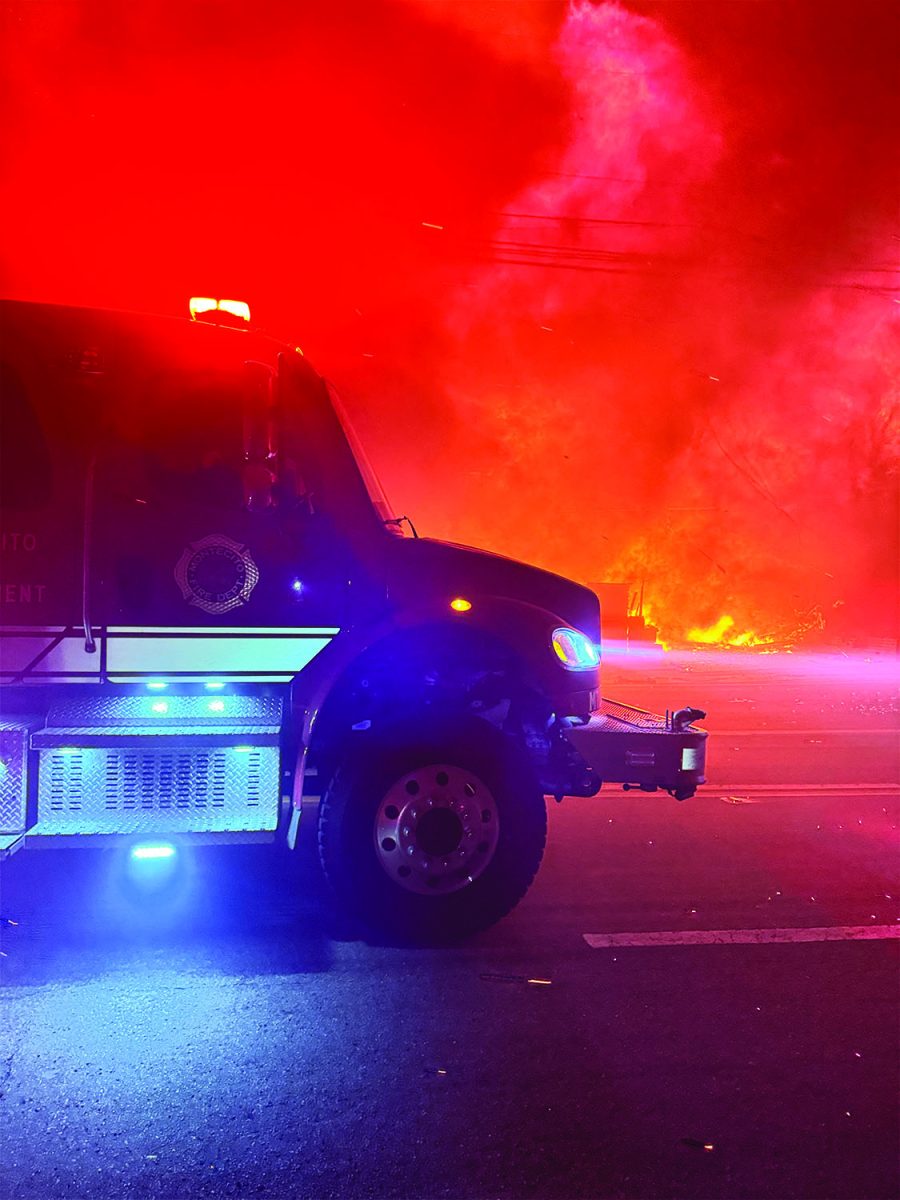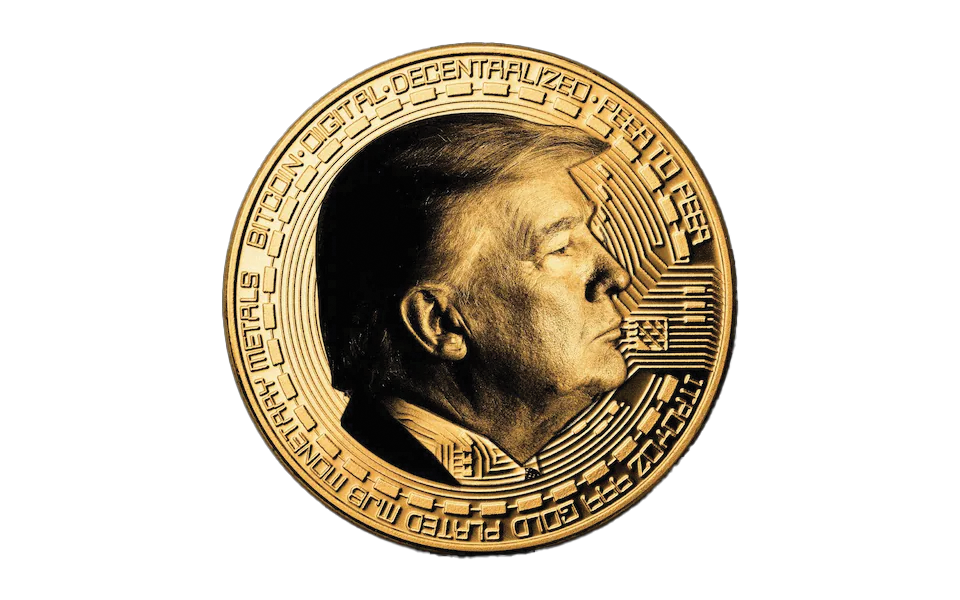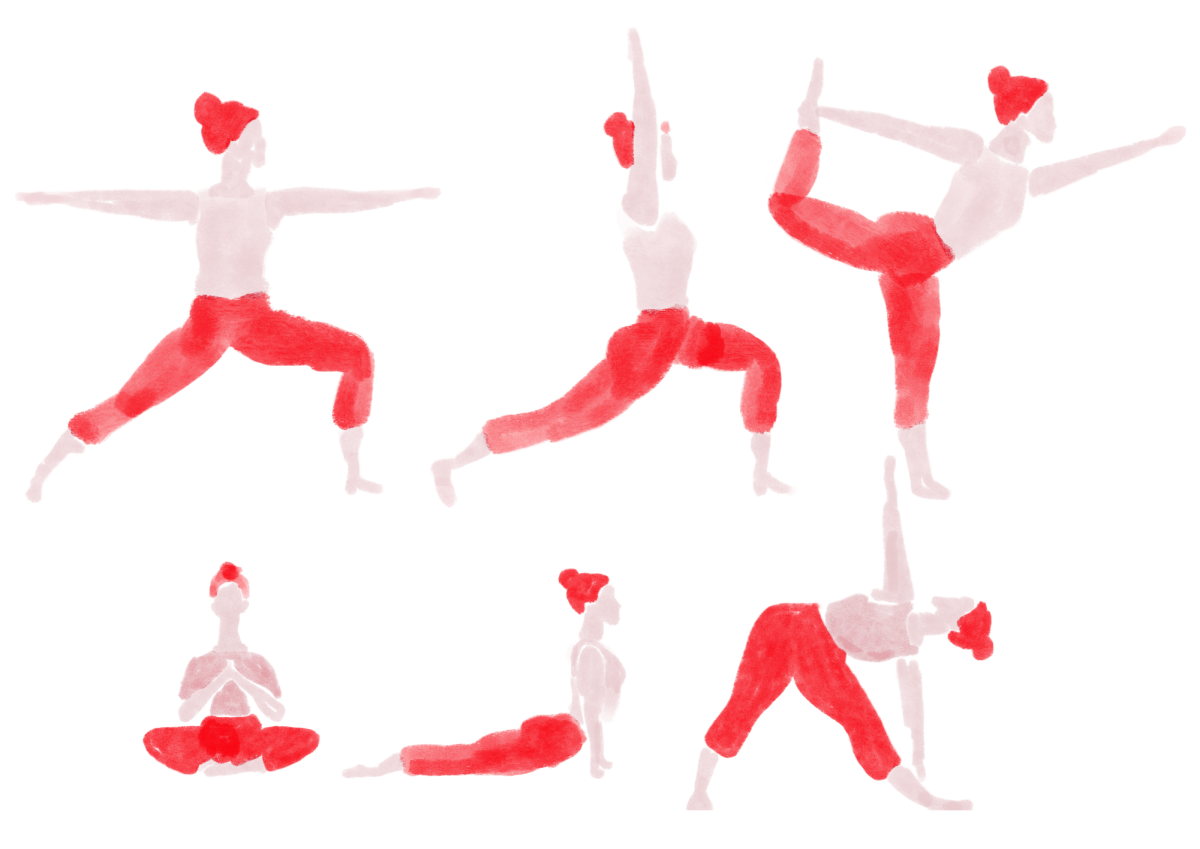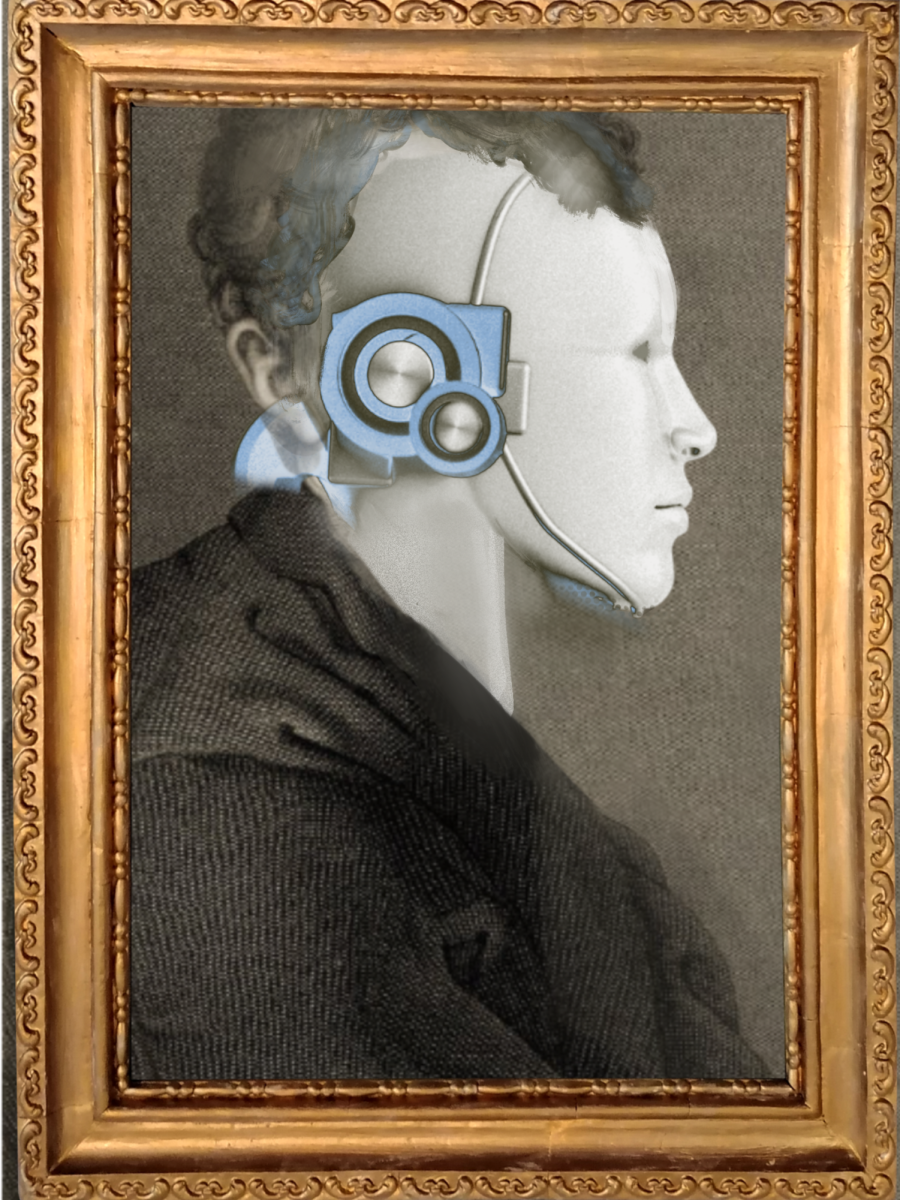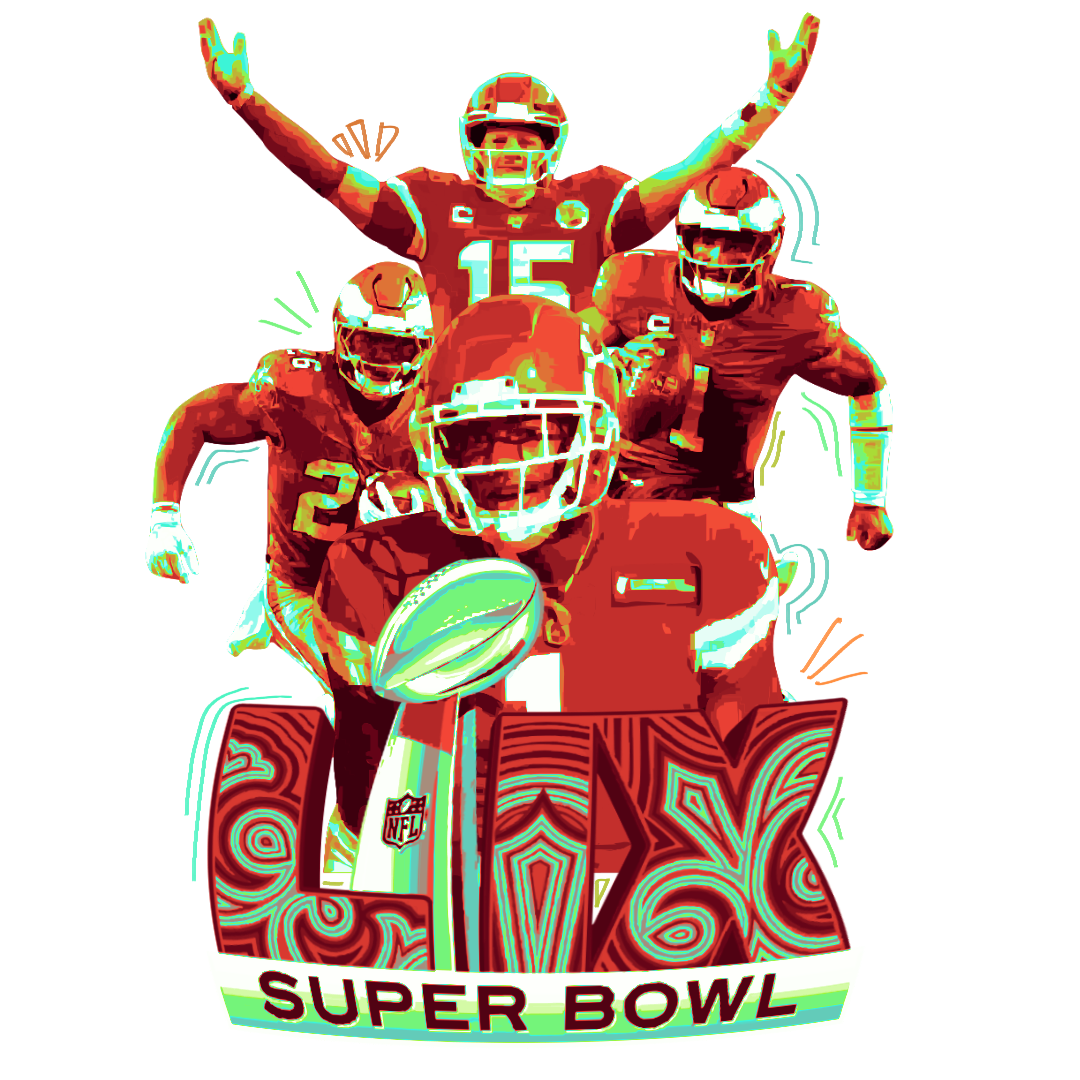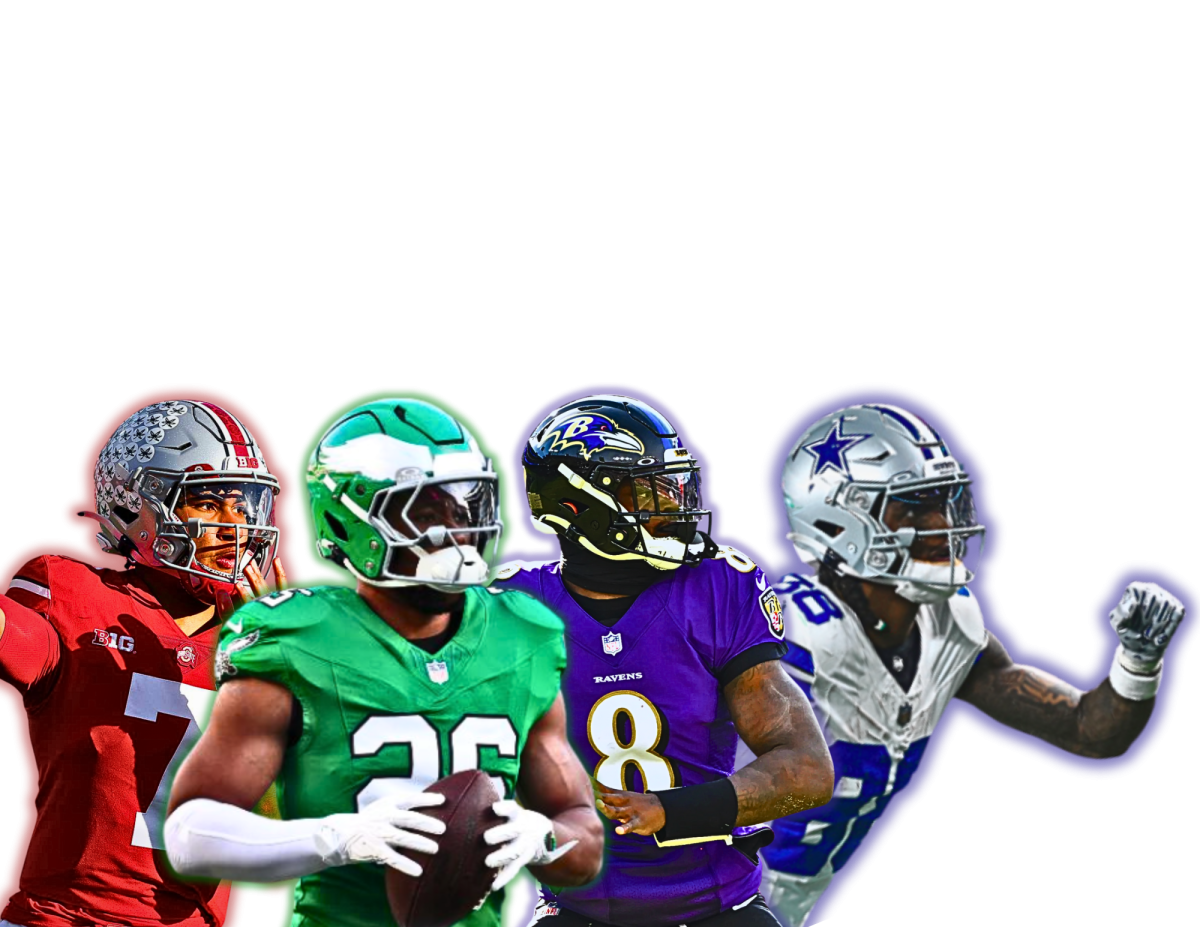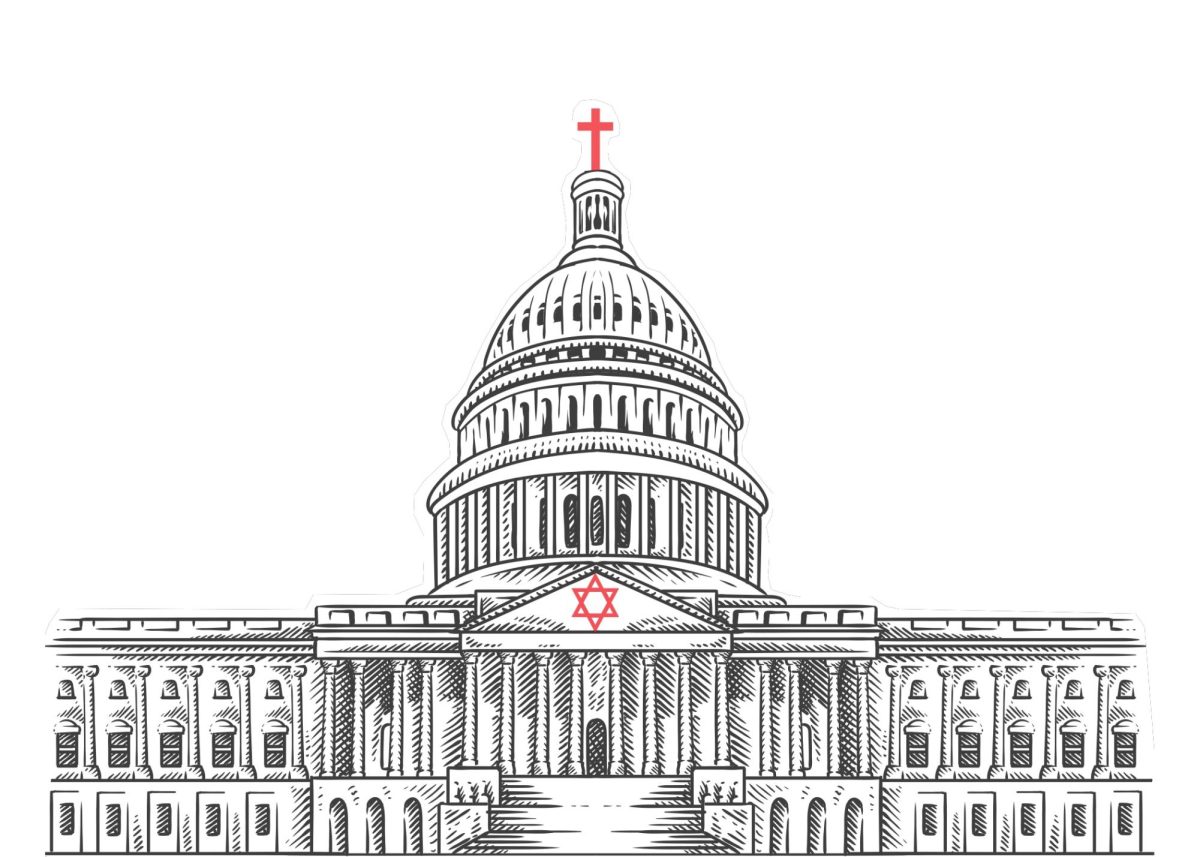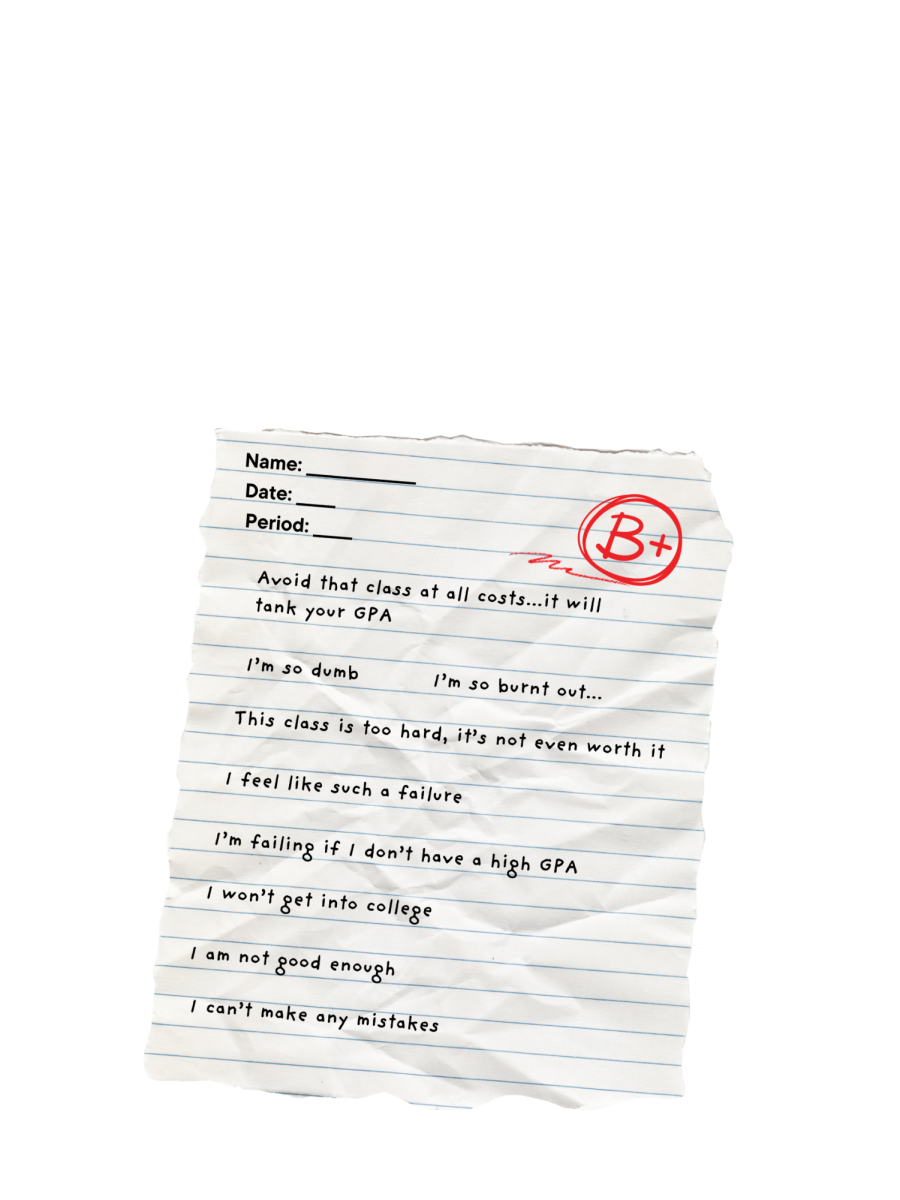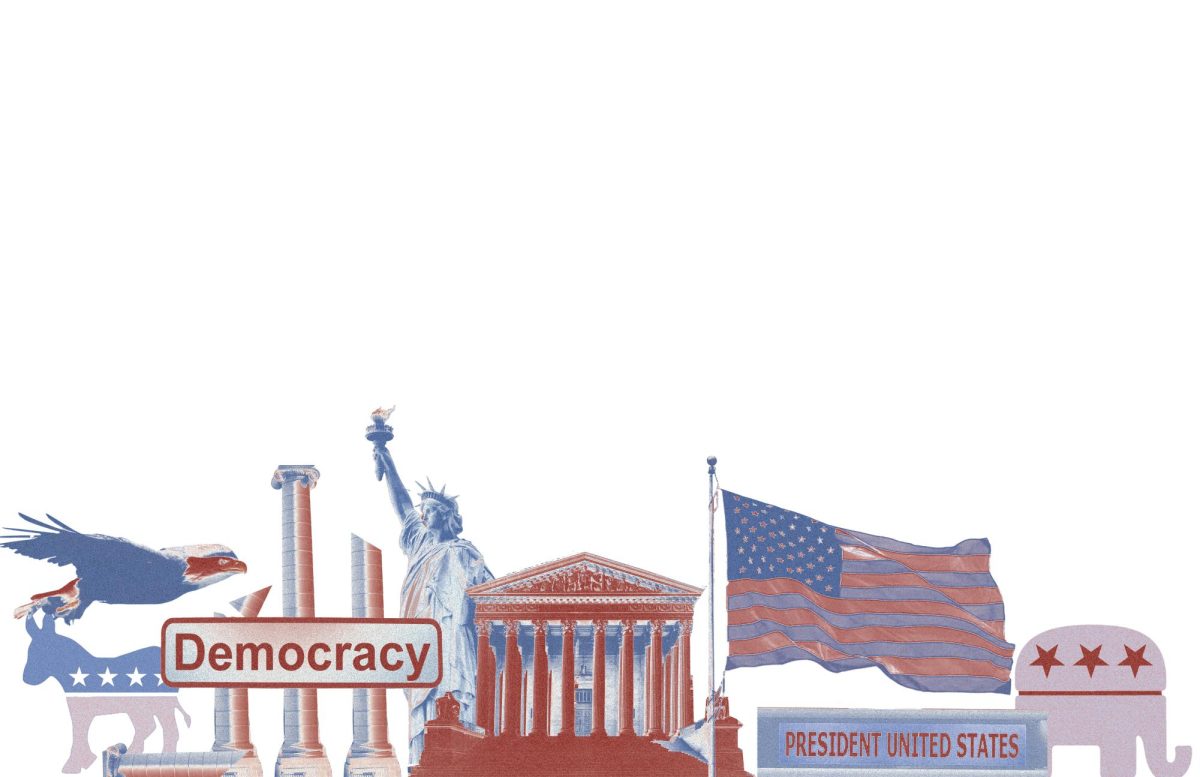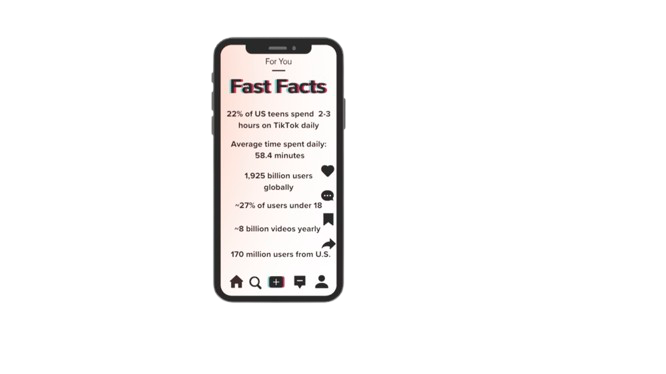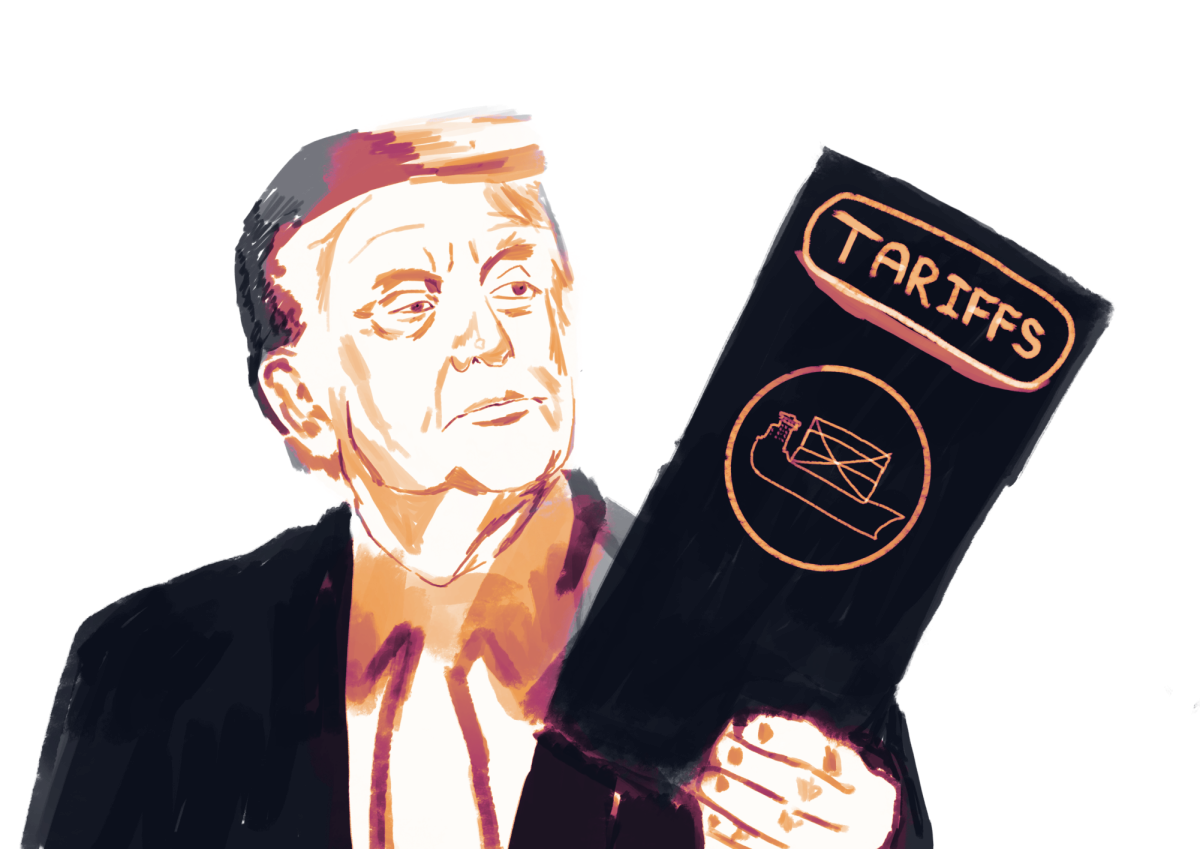In the 1960 presidential election, a poll found that nearly one in four Americans said they would not vote for a Catholic candidate—a prominent point in John F. Kennedy’s election.
“For JFK, it was a big deal to some that he was Catholic because people thought that the pope might control the presidency,” said World History instructor Kevin Shertzer.
While religious affiliation may not seem as controversial today, it continues to shape voter perceptions and political debates in unexpected ways.
Despite initial concerns, Kennedy’s presidency proved that a Catholic leader could govern independently, shifting public perception over time.
Religious controversy manifests differently in the 21st century.
While Joe Biden’s Catholic faith was discussed during election season, it was much less controversial than Kennedy’s.
The concern over religious loyalty remains, with voters questioning whether a candidate’s faith dictates their policy decisions.
“For Americans who are devoted to both their faith and their country, navigating their loyalties becomes complex, especially when the two come into competition with each other,” Shertzer said.
And while many Americans turn to their faith for non-political answers, it often influences their opinions and thoughts on politics. This notion that religion defines morality has long been a factor in elections.
During the 1800 election between John Adams and Thomas Jefferson, people were worried because Jefferson was labeled an atheist; many thought that his leadership would result in societal chaos.
“One of the ads said if you elect Jefferson, people will be eating toads and frogs in the street,” Shertzer said.
The implication was that a leader without strong religious convictions would lead to moral decay.
Despite the constitutional principle of separation of church and state, religious beliefs often shape voters’ decisions.
Many Americans associate religious faith with moral integrity, making it a key factor in candidate selection.
For some, a candidate’s religious identity reassures them of their ethical standing and decision-making ability.
Others, however, see it as a potential conflict, questioning whether religious beliefs might overrule constitutional duties.
The First Amendment of the United States mandates the separation of church and state. However, the country was founded with influence from religious traditions and has long served as a refuge for diverse faiths worldwide.
Religious rhetoric has also played a significant role in major political movements.
For example, the Civil Rights Movement was deeply connected to religious leadership, with figures like Martin Luther King Jr. drawing on Christian teachings to advocate for racial equality.
This rhetoric was also evident in Donald Trump’s prior presidency.
Although his personal religiosity was debated, he leveraged religious symbolism to appeal to certain voter bases.
During the George Floyd protests, Trump held up a Bible as a symbolic gesture to appeal to religious voters, portraying himself as a defender of Christian values.
This act reinforced his support among faith-based communities, even as debates continued over how his personal actions aligned with those values.
The debate over religion’s place in governance extends beyond elections. Public spaces and policies often reflect religious influences, from “In God We Trust” on currency to prayers at government events.
This ongoing presence raises questions about whether the U.S. truly maintains a separation of church and state.
Religious leaders also wield considerable influence over political discourse. In some churches and synagogues, clergy openly discuss political issues, guiding congregants on how to align their faith with their voting decisions.
“Sometimes religious leaders are political, telling their congregation how to think about certain issues,” Shertzer said.
This guidance can deepen political divides, as religious communities often reinforce shared beliefs.
Similarly, religion has played a divisive role in debates over issues such as abortion and LGBTQ+ rights.
Opponents of abortion cite religious beliefs as the foundation for their stance, and cite religious beliefs reinforcing their anti-LGBTQ+ stance.
Historically, candidates who diverge from mainstream religious affiliations have faced challenges.
While Kennedy overcame Catholic skepticism, other religious minorities have struggled to gain political traction.
The U.S. has seen religious diversity in its leaders, however, no Jewish presidents have ever been elected, reflecting the historical dominance of particular faiths in American politics and raising broader questions about personal faith’s role in leadership.
Should a candidate’s religion matter if they uphold democratic values? And if voters prioritize faith, does that compromise the ideal of a secular government?
Religious influence extends beyond individual candidates to broader policy decisions.
Debates over reproductive rights, marriage equality, and climate change often have religious undertones.
Conservative religious groups have historically opposed policies like same-sex marriage and abortion rights, lobbying politicians to align with their beliefs.
Meanwhile, progressive faith communities advocate for social justice policies rooted in religious compassion.
This dichotomy illustrates how religion is not monolithic in its political impact—it can be both a tool for advocacy and a source of division.
Looking ahead, the role of religion in politics will continue to evolve.
Younger generations tend to be less religiously affiliated, which may shift the weight religion holds in elections.
However, deeply rooted traditions and ideological divides suggest that faith will remain an important aspect of political identity.
As the U.S. navigates future elections, the balance between personal belief and public governance will remain a central debate.
Ultimately, while the nation upholds the separation of church and state, religious identity still influences voter perception, candidate success, and policy decisions. Whether seen as a moral compass or a source of bias, faith remains deeply embedded in America’s political landscape.
“Religion has always played a role in shaping how people think about leaders—it’s just a question of how much influence it should have,” Shertzer said.

